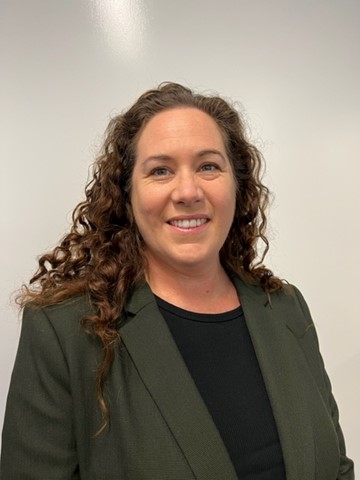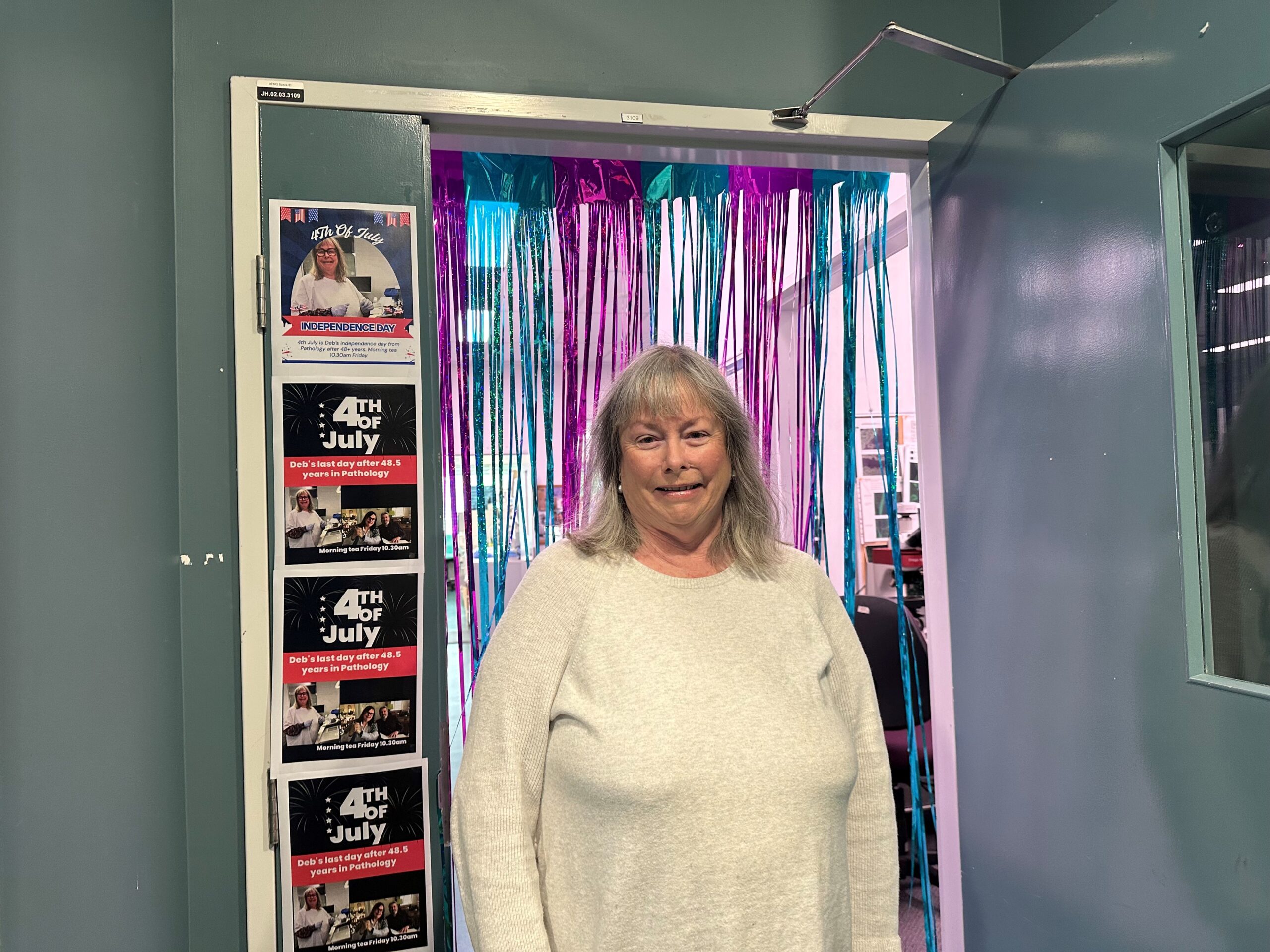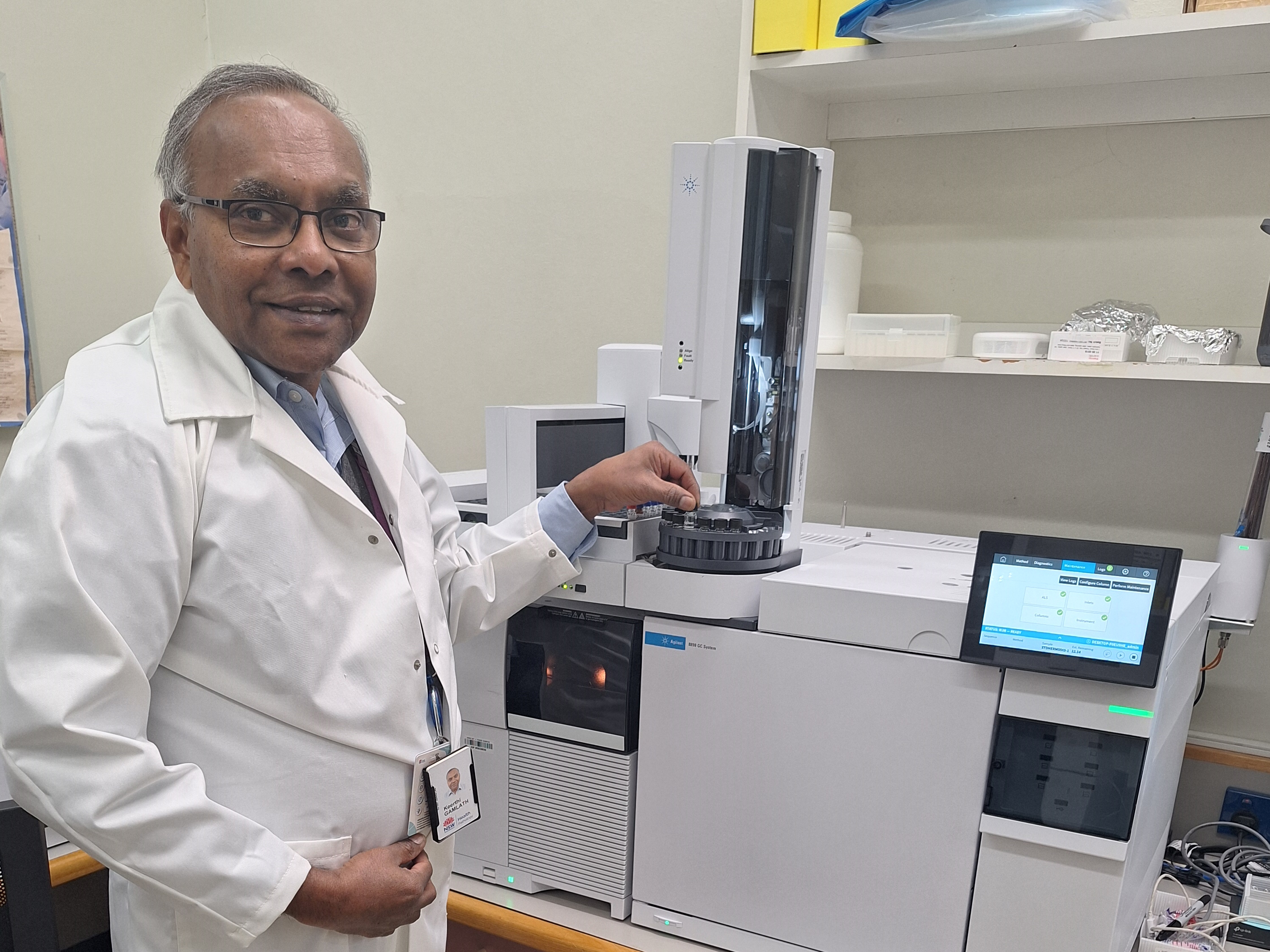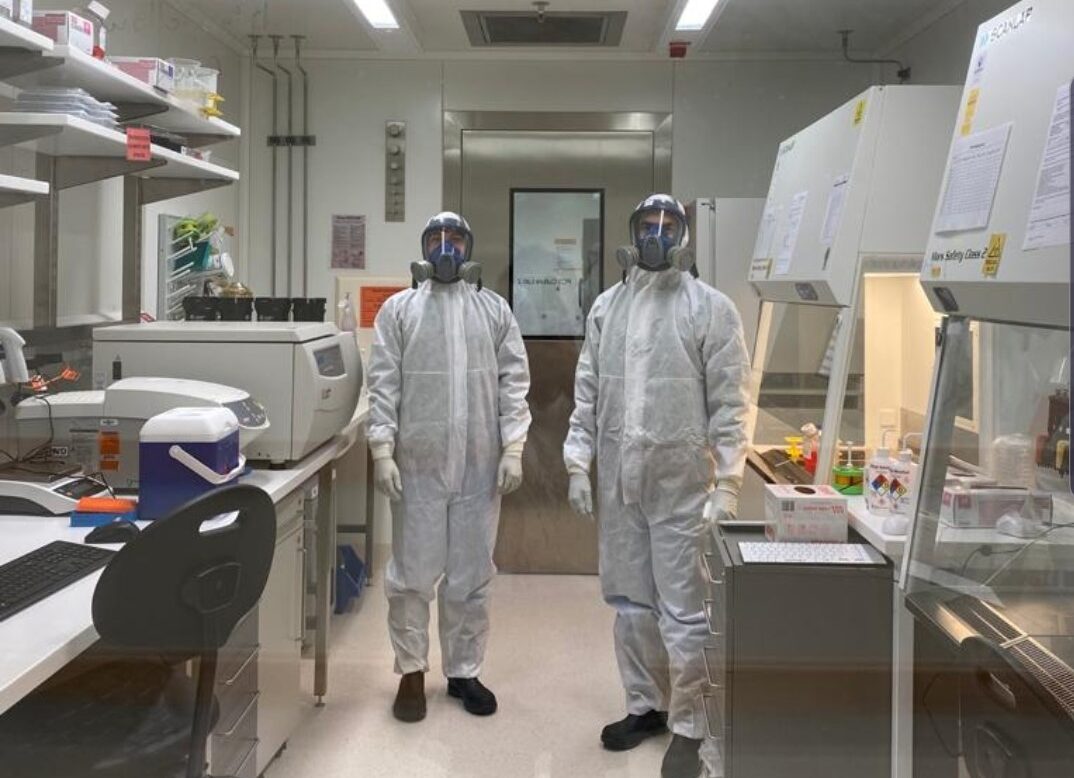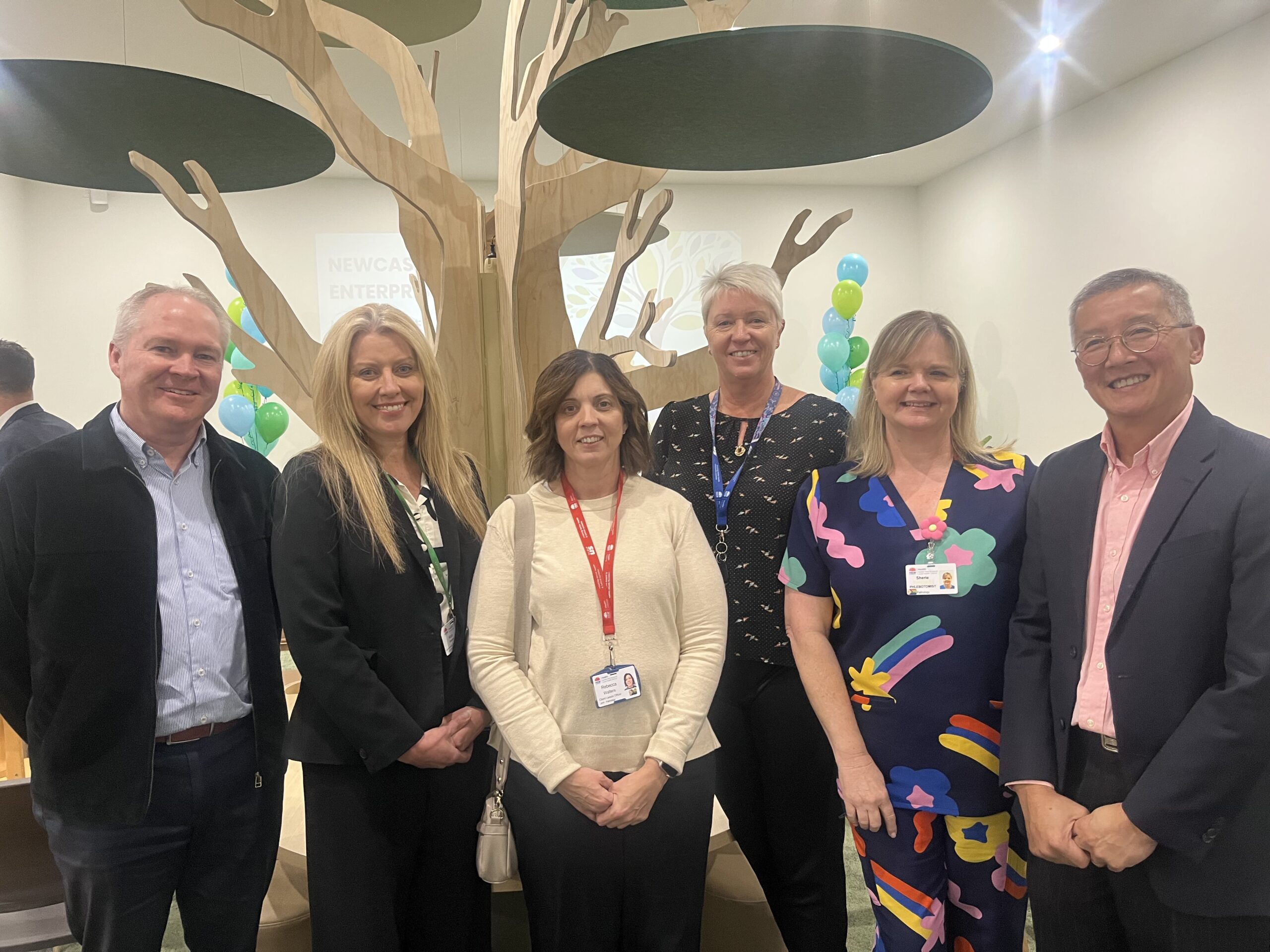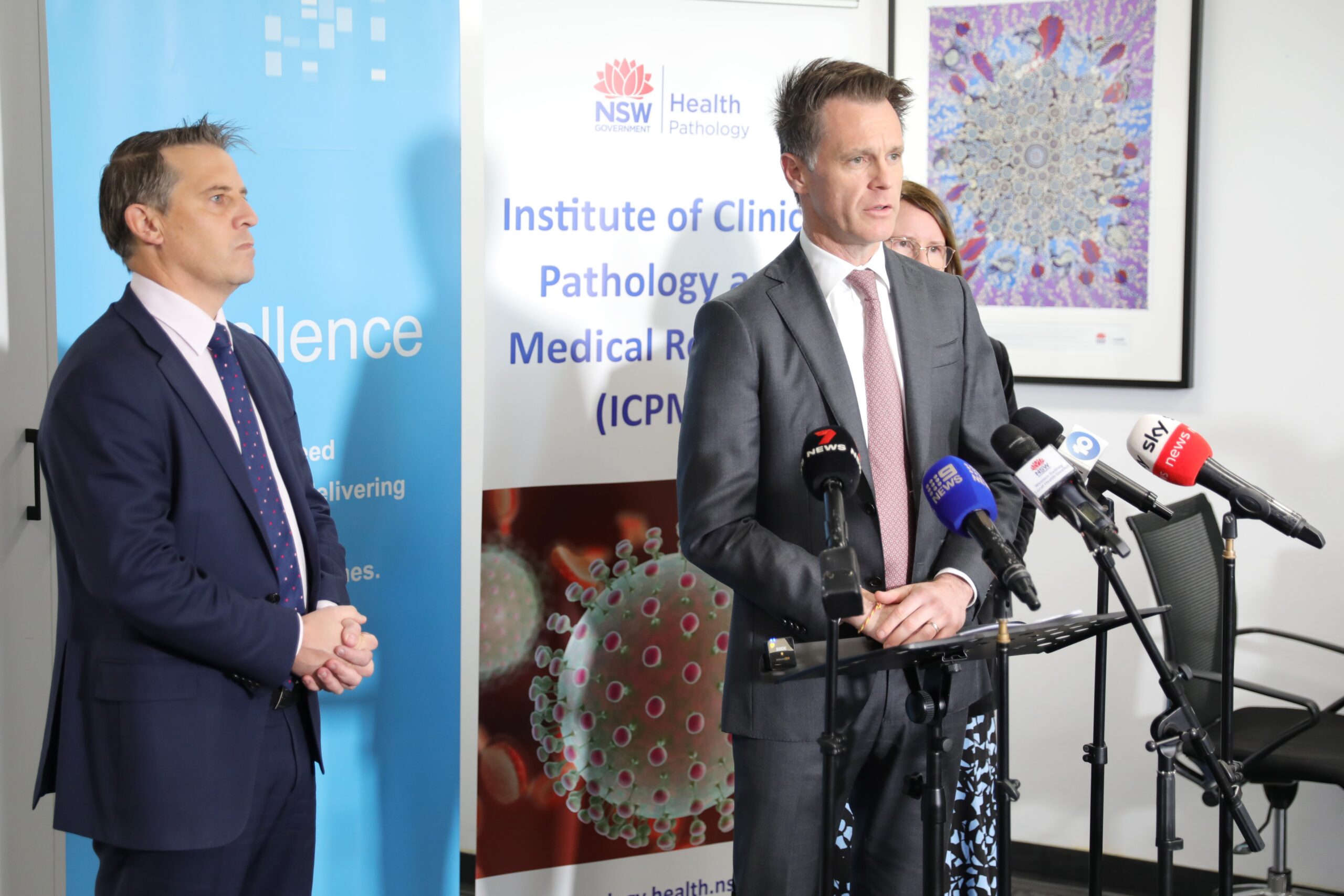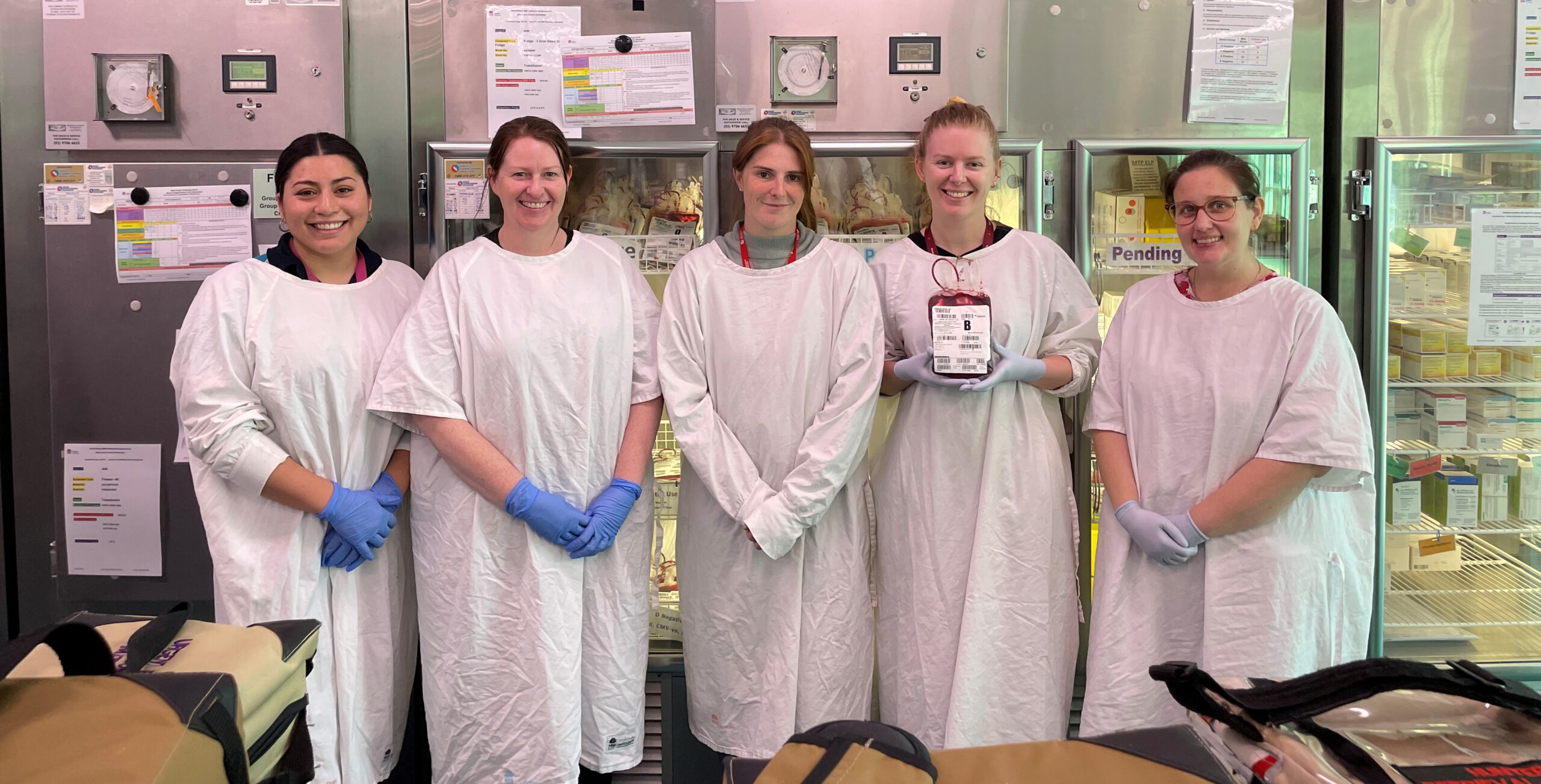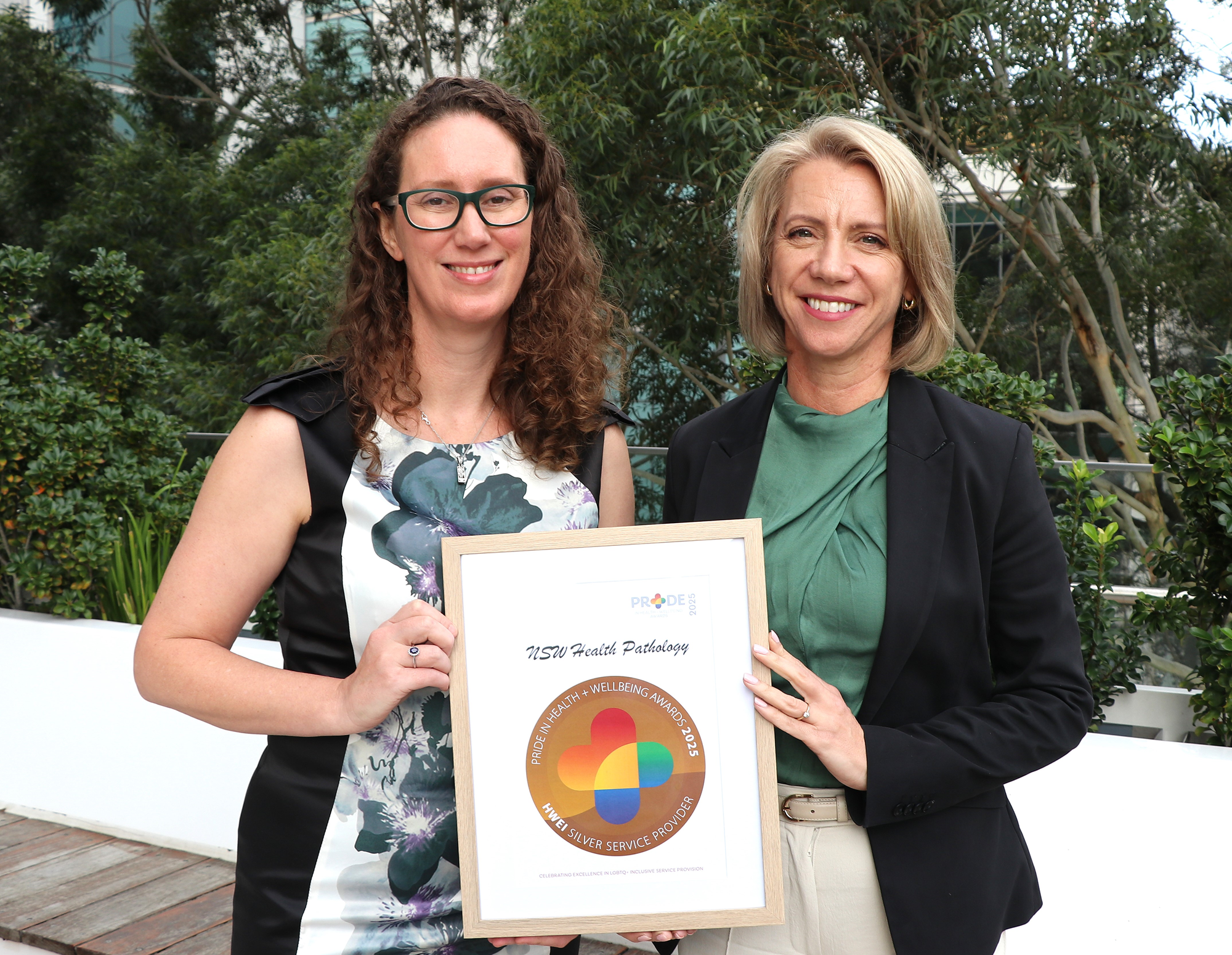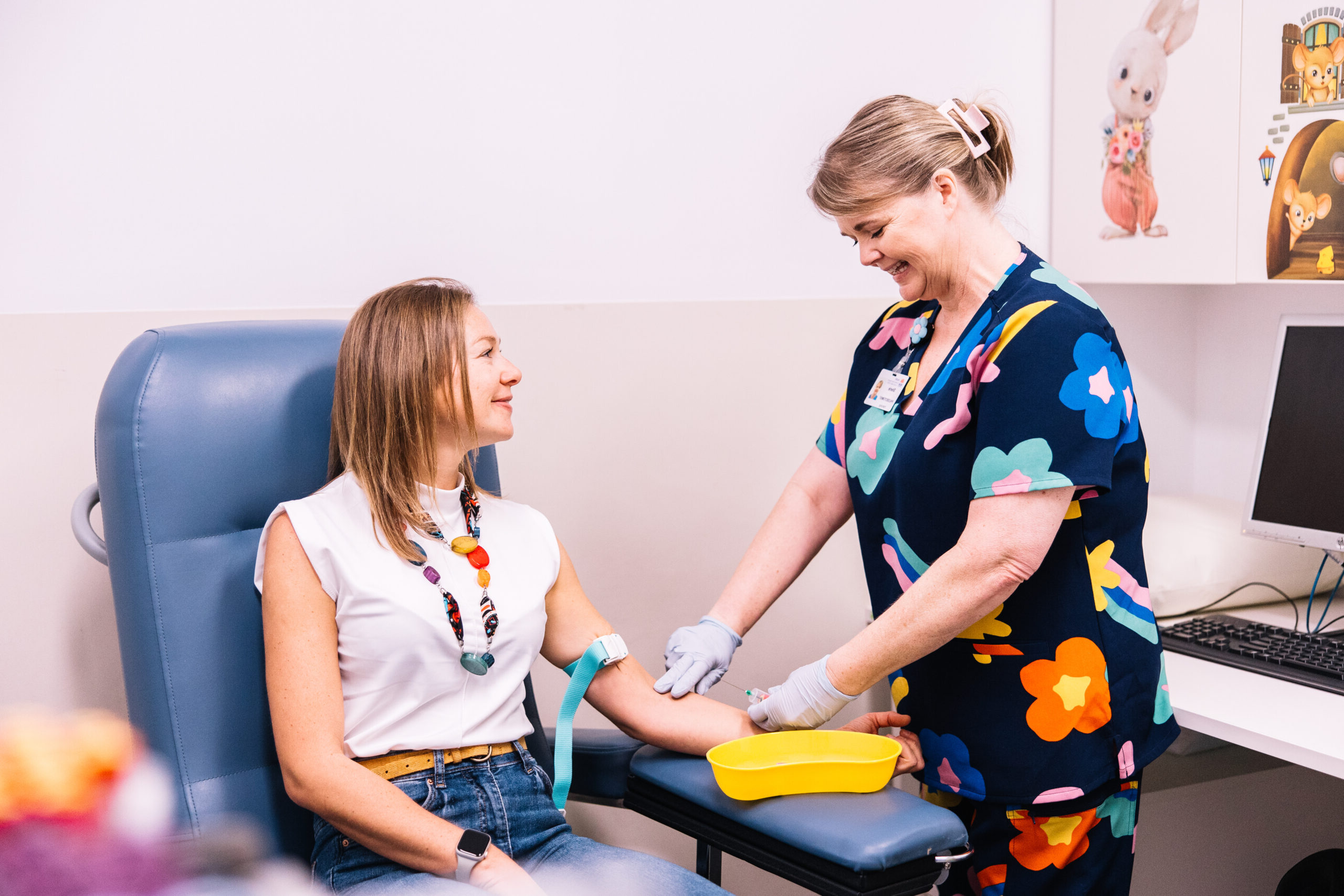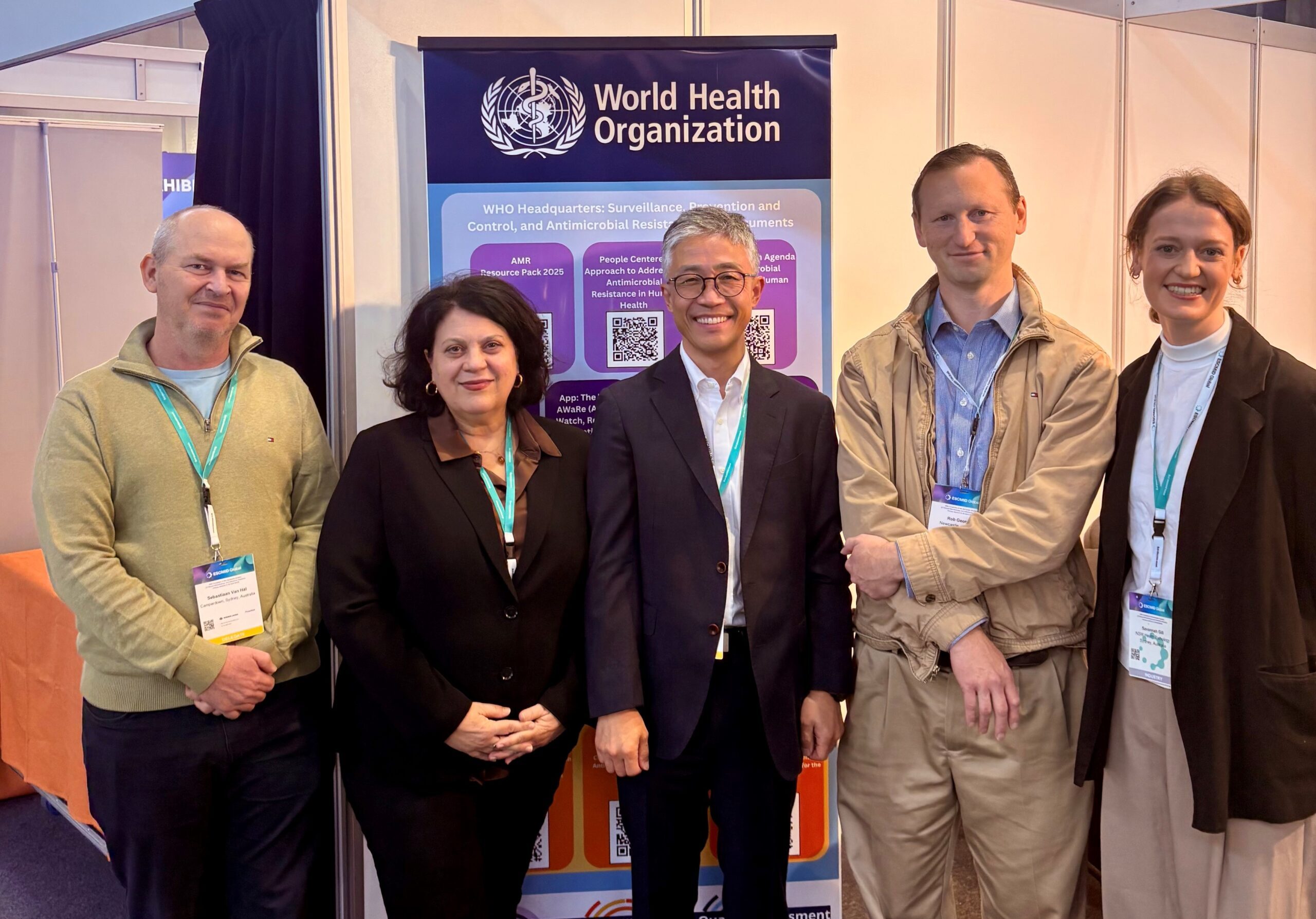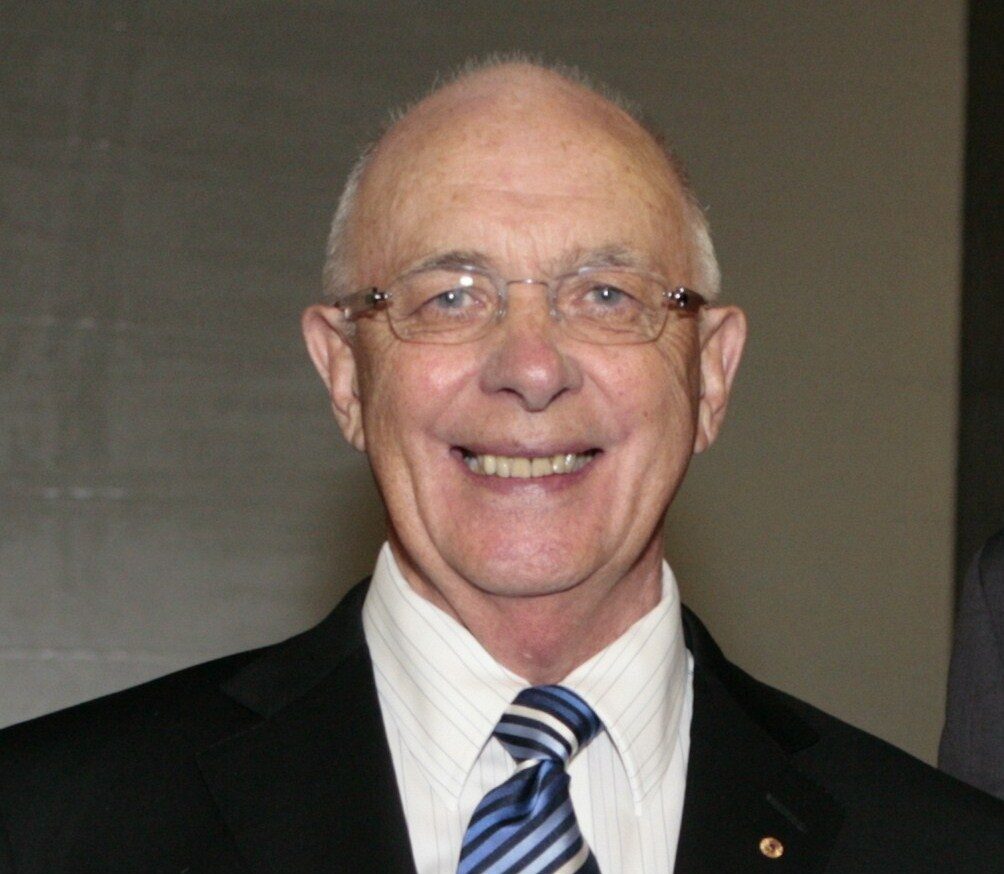Media Contact
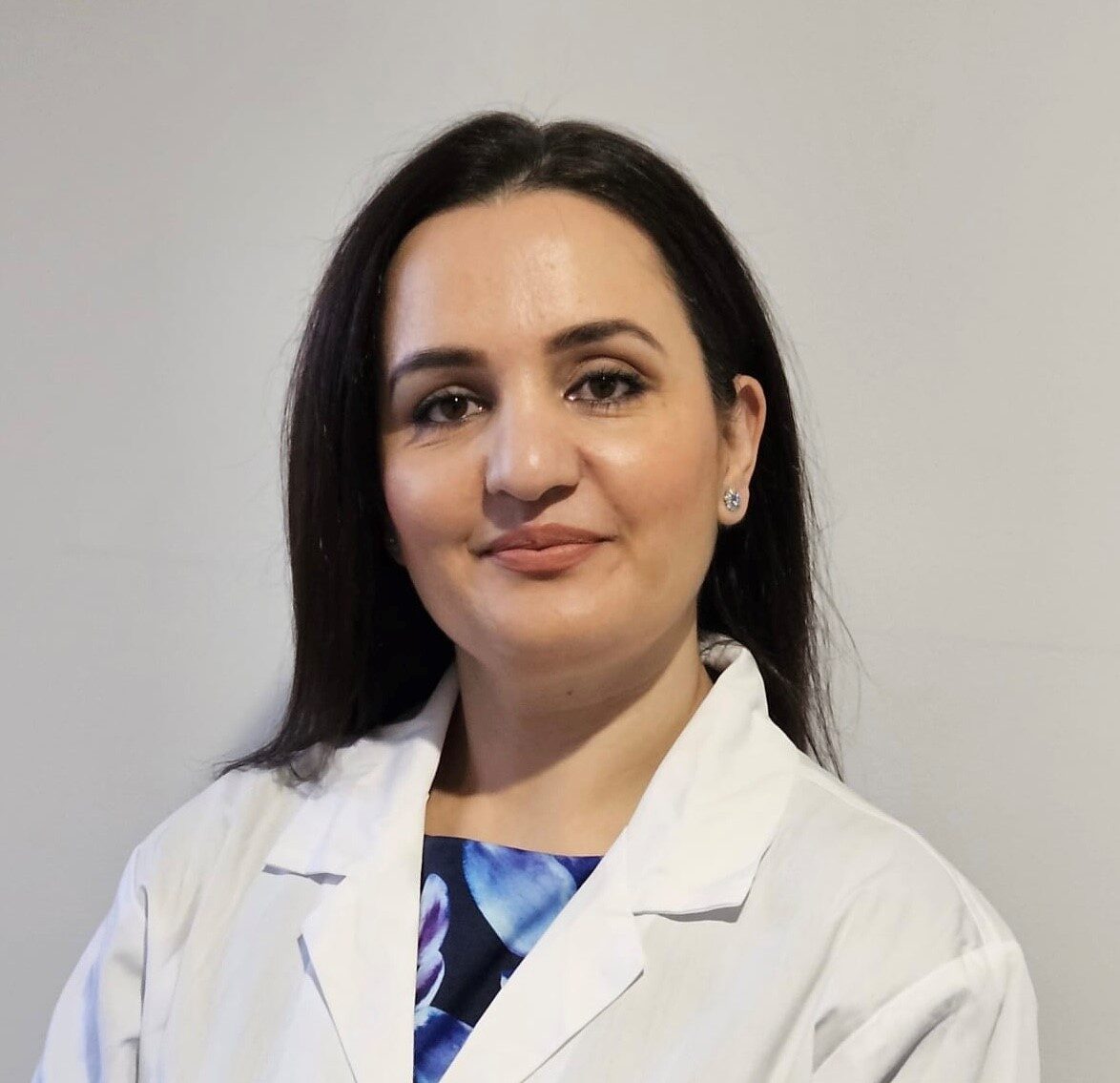
Fakhria Kakar, or Hila as she’s better known, is a hospital scientist and trainee clinical scientist at NSW Health Pathology’s Immunopathology Laboratory at Westmead Hospital. She was recently awarded a grant from the Royal College of Pathologists of Australasia (RCPA) to further her studies.
Hila is the lead scientist on a ground-breaking project at NSW Health Pathology that has seen the organisation develop Australia’s first NATA-accredited blood test, serum Neurofilament light (NfL), to monitor neurodegenerative diseases like multiple sclerosis.
In late 2024, the RCPA selected Hila as the inaugural recipient of its Faculty of Science Financial Support Grant, designed to assist those currently studying the RCPA Faculty of Science (FSc) Fellowship training program.
Hila says she’s grateful for the financial assistance as she enters the final year of the five-year training program.
In addition to her studies, Hila serves as an RCPA FSc trainee representative. One of her biggest achievements as a trainee representative was advocating for a reduction in exam and registration fees for RCPA FSc trainees. This achievement was celebrated by over 50 RCPA FSc trainees across Australia and New Zealand.
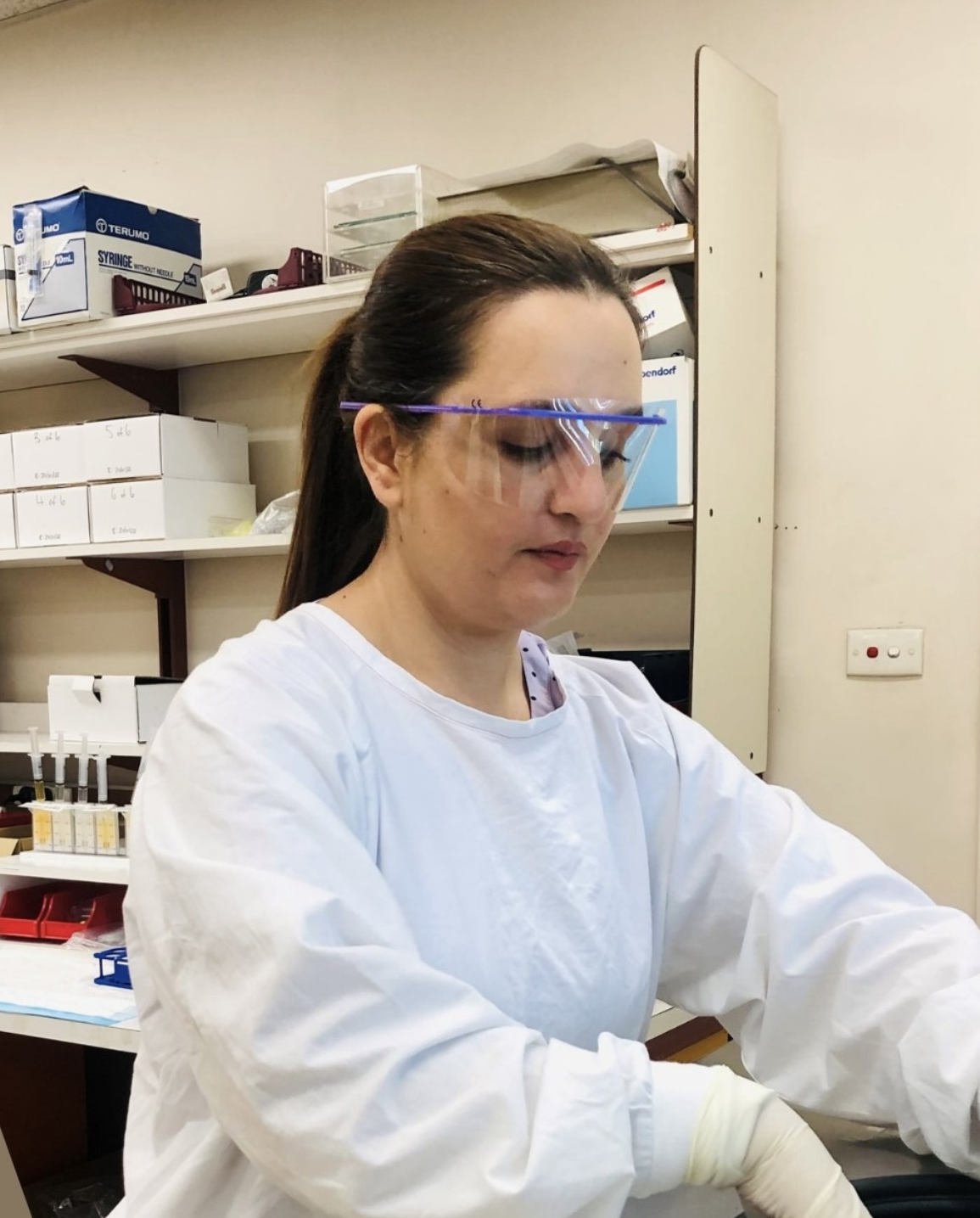
Hila says that working as a trainee clinical scientist means actively participating in and learning about various aspects of the Immunopathology discipline.
“Some days, I’ll be working on the bench, testing and analysing samples. Other days, I could be training registrars, writing Standard Operating Procedures (SOPs) for laboratory equipment, participating in study groups, writing my own notes, preparing for exams, working on research projects, or developing new assays,” she said.
“It is most rewarding knowing that my work is an important part of the bigger picture of patient care.”
One of Hila’s career highlights during her RCPA FSc training has been her work on what’s known as serum Neurofilament light (NfL) testing.
“We are now the first laboratory in Australasia to have a serum NfL assay accredited by NATA, the National Association of Testing Authorities,” she says.
“This means patients can avoid having a lumbar puncture and instead just do a blood test for NfL to monitor neurodegenerative diseases like multiple sclerosis.”
“This is a game-changer for patients, as blood collection is a much less invasive procedure. It’s quick and reduces overall risks to the patients.”
Hila says the next stage of her work will be expanding the testing to include Alzheimer’s Disease plasma biomarkers.
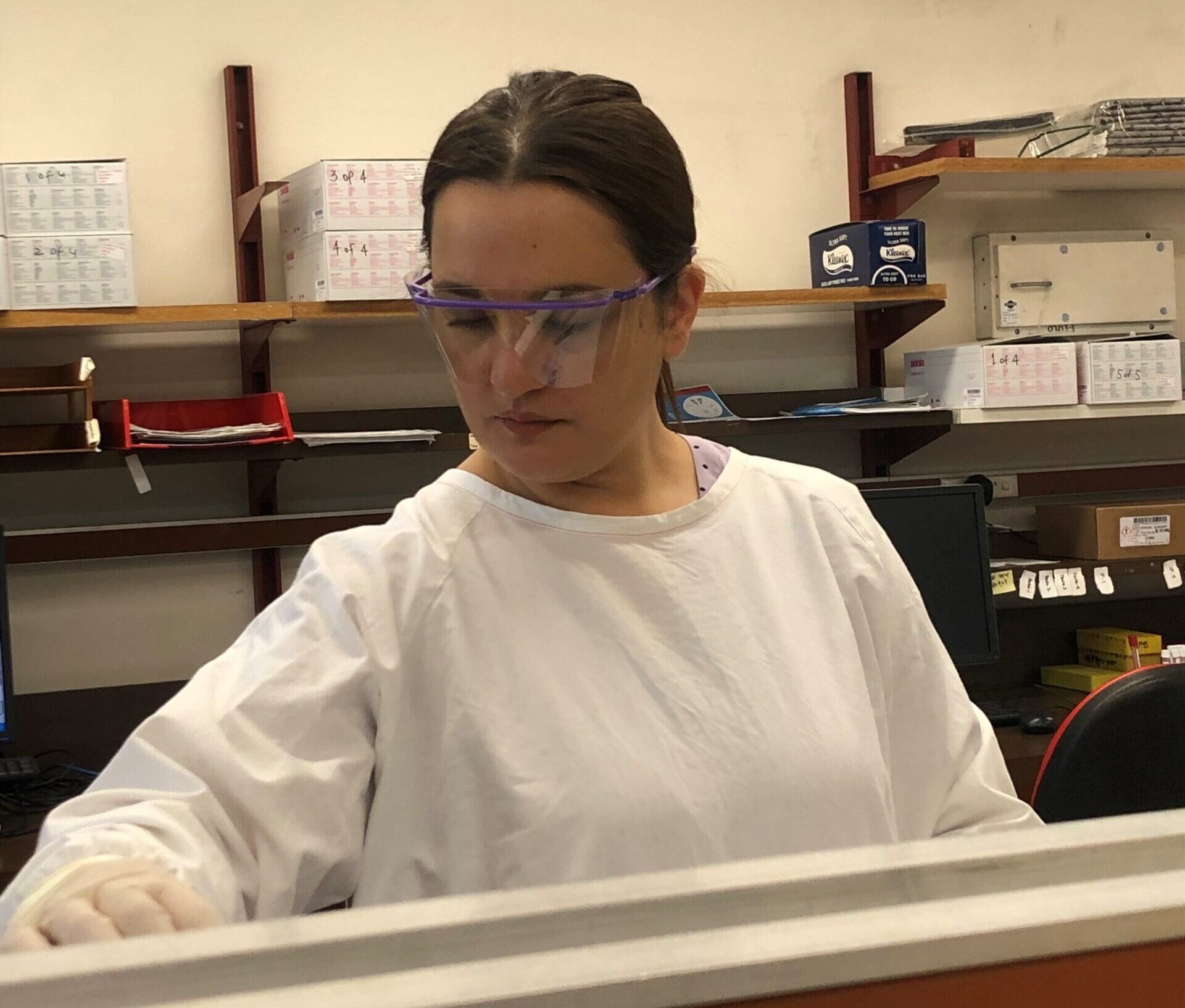
Her laboratory supervisor, A/Prof Ming Wei Lin, describes Hila as an outstanding scientist.
“She is an exceptional trainee, and the RCPA should be very proud of her contributions,” she says.
“She is the scientific face of Immunopathology and an asset to our laboratory here at Westmead.”
Immunology Laboratory Manager at Westmead, David McDonald also praised Hila for her hard work and dedication.
“While studying for the Faculty of Science fellowship, Hila has not only improved her own skills and knowledge, but she has applied those to projects such as NfL, to also benefit the organisation and patients.”

